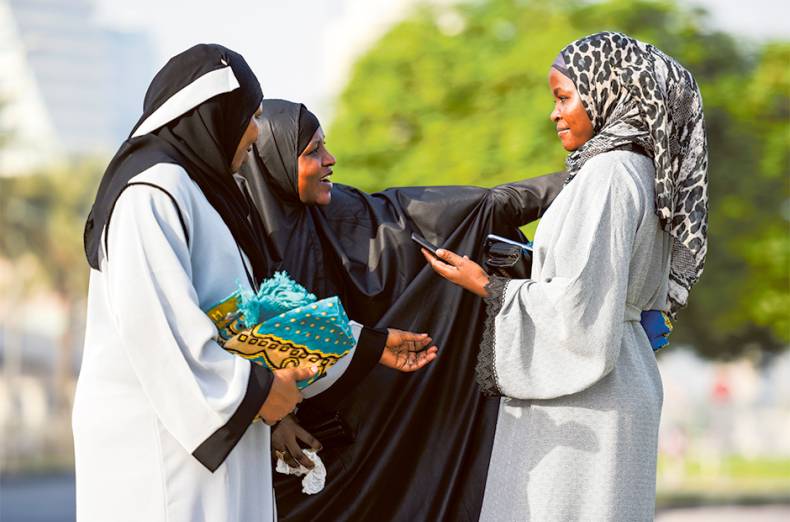Women are more likely to join religious cults due to various factors such as socialization, power dynamics, and gender norms.
Although not all religious groups that fulfil this definition are deadly and destructive, many cults have been linked to violent methods, including brainwashing, forced seclusion, and even violence.
The lessons women undergo at an early age are one aspect that contributes to their greater vulnerability to cults. Women are frequently trained to be more obedient and subservient than men.

To value caring for and caring for others, and to be willing to give up their wants and needs for the sake of their family or community. Women with these characteristics are more receptive to the manipulative strategies many cults use to recruit and keep members, including attacks and guilt-tripping.
Did you read this?
The power dynamics of these groups are another element that enhances the chance of women joining cults. Many cults are led by charismatic males who have a strong hold on their adherents, particularly women.
These leaders frequently refer to themselves as divinely inspired, if not divine, and exploit their perceived power to demand obedience and commitment from their followers. Women who have previously been socialized to be more obedient and submissive may be especially prone to such manipulation, especially if they yearn for a feeling of purpose or belonging.
Gender roles also influence women's involvement in cults. Many cults promote a sexist worldview in which women are viewed as society's nurturers and caregivers, while men are viewed as the defenders and breadwinners.
.jpg)
Women may be drawn to these groups because they provide meaning, purpose, and opportunities to fulfil conventional gender roles that they believe are breaking down in today's society.
While understanding why women are more inclined to join cults is vital, it is equally crucial to highlight that this phenomenon is not unique to women. Men can be susceptible to cult recruitment, and many have been victims of cults.
Furthermore, it is critical to recognize that most religious organizations are not cults and that many women find meaning, purpose, and community in non-cult religious organizations.

-1682429446.jpg)










